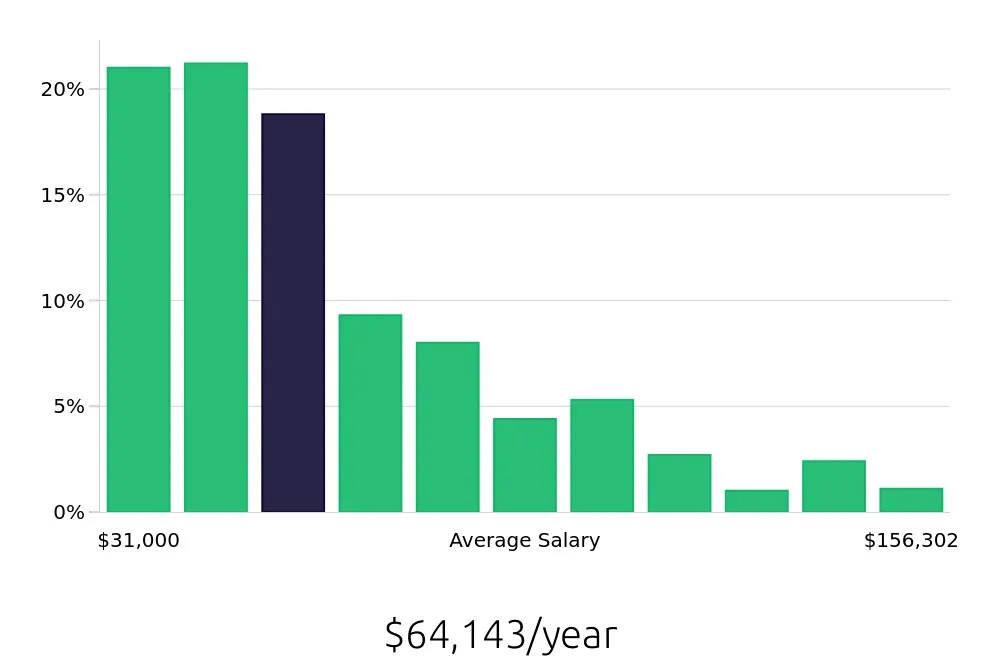Position
Overview
Tier specialists play a critical role in managing and supporting an organization's technology infrastructure. They work closely with IT teams to ensure systems run smoothly and efficiently. They often handle tasks such as troubleshooting technical issues, installing software updates, and maintaining hardware. This role requires strong attention to detail and the ability to work under pressure. Tier specialists communicate with end-users to address their technical concerns and provide solutions. They also create documentation and reports to track system performance and issues. This position is essential for keeping the IT environment stable and responsive.
In addition to technical support, tier specialists often train staff on how to use new systems or software. They may also assist in planning and implementing new technologies to improve efficiency. This role demands a proactive approach to problem-solving and continuous learning. By staying updated with the latest tech trends, tier specialists ensure their organization remains competitive and secure. They work collaboratively with other IT professionals to achieve organizational goals. Their work helps maintain the smooth operation of daily business activities, making them vital to the IT department.
Becoming a Tier requires dedication and the right steps. This career path can lead to exciting opportunities in various industries. Below are key steps to help guide someone on this path.
The journey begins with education and skill development. Securing a strong foundation in the desired field is essential. This often includes obtaining relevant degrees or certifications. Hands-on experience through internships or apprenticeships can also be beneficial.
The time it takes to become a tier specialist varies. It depends on several factors. These include education, experience, and industry demands. Most people need a bachelor’s degree in a related field. This often means computer science, information technology, or cybersecurity. In addition, relevant certifications can speed up the process.
On average, it may take two to four years to reach a junior-level position. With more experience, one can move up to mid-level roles in three to five years. Top-tier positions often require ten or more years of experience. Some industries may demand specific certifications. For example, roles in cybersecurity may need certificates like CISSP or CEH. Continuous learning and skills updates are key in this fast-paced field.
We are seeking a dedicated and skilled Tier Specialist to join our dynamic team. The Tier Specialist will be responsible for maintaining and improving the performance and reliability of our systems and applications. This role involves diagnosing issues, implementing solutions, and collaborating with cross-functional teams to ensure optimal system functionality.
Responsibilities:
Qualifications
A career as a Tier can offer a rewarding path for those with a keen eye for detail and a passion for problem-solving. Working in various industries, including technology and customer service, a Tier helps manage tasks and ensure quality control. This role often involves interacting with clients, managing databases, and improving processes. It’s a position that combines analytical skills with a customer-focused approach.
Choosing a career as a Tier comes with its own set of advantages and challenges. Understanding these can help individuals decide if this path suits their professional goals. Below are some pros and cons to consider when contemplating this career choice.
Job seekers looking to enter the Tier industry can expect a positive job outlook. The Bureau of Labor Statistics (BLS) reports an average of 1,057,100 job positions per year, with a projected 5% growth from 2022 to 2032. This growth indicates increasing demand for professionals in this field.
The industry offers a competitive average national annual compensation of $38,400. Job seekers will also benefit from an average hourly wage of $18.46, reflecting the value placed on the skills and expertise required in this role. These figures highlight the potential for a rewarding career within the Tier sector.
To succeed in this growing field, professionals should focus on acquiring relevant skills and staying updated with industry trends. The positive job outlook and compensation figures make this an attractive choice for those seeking stability and growth in their careers.
